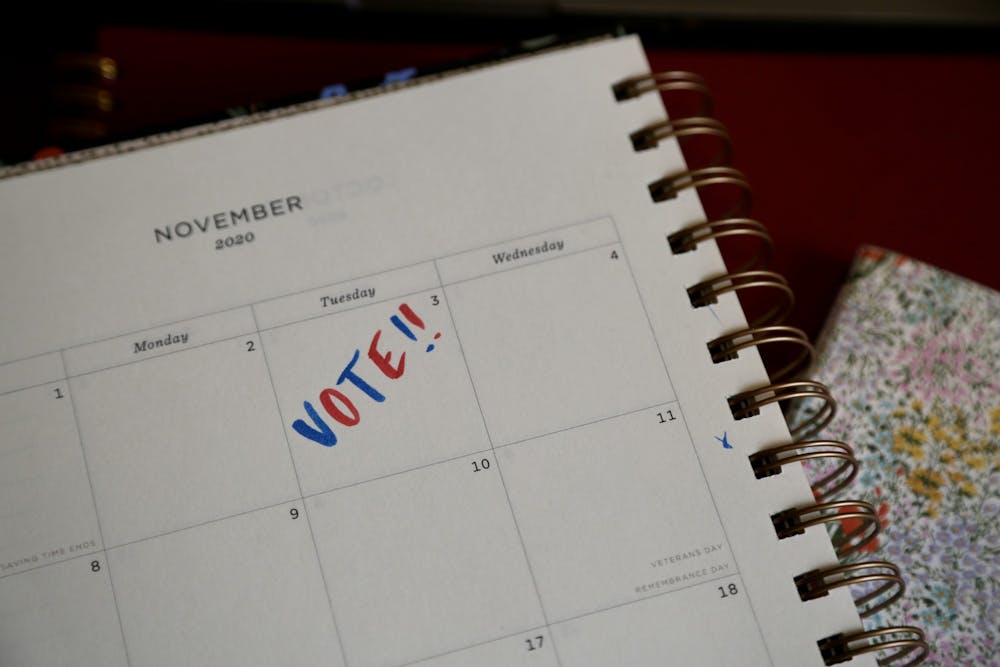It’s a cathartic experience being a part of one of the most politically-active generations in a long time. With the nation’s current events providing much kindling, I am constantly astounded by the intelligence and diverse perspectives of those around me, seemingly young but sage and well-versed on the ideals of democracy. More recently, however, I have come to recognize a phenomenon sweeping across young voters to which I was blithely unaware: the belief that the act of voting is a personal one, to be decided on the basis of an individual’s morality or virtues.
This is an opinion I have seen floating around on various social platforms from fellow Penn students and first-time voters in response to the candidates of the 2020 General Presidential Election. It is also an opinion I have struggled to understand. To preface, I agree that we should not have to choose between alleged-rapists, ex-cops, and closeted white supremacists (amongst other things) to represent the American people, but we do — so let’s stop focusing on the hypotheticals.
In a time when we are so willing to call out privilege, let’s discuss the privilege of voting. Suffrage in the United States has a complex and bittersweet history. We know from our paltry teachings of American history that civil rights activists, at the very least, risked their lives for the right to vote, even though those in office at the time denied their very right to existence. Why is that something we are so willing to throw away?
The activists and organizers of today have the unrelenting task of creating change, for which I have the utmost respect. But sowing seeds of distrust in our local and national offices through calls-to-action which I can only describe as anarchic is quite literally the enemy of social progress. The vote contains the power to empower. In influencing our presidencies, legislatures, courts, and governorships, we are able to grow and provide support to the very grassroots initiatives that are the driving agents of reform, abolition, and change. Not voting has never made a difference, but voting has.
So yes, I take issue with the idea that choosing not to vote is personal because that could not be further from the truth. If you still believe that, let me ask you this: What is more important? Your morals or the undocumented immigrants who can’t vote for the candidate who would help them find a path to citizenship? Or the 2.3 million incarcerated people who can’t vote for the candidate who would reduce recidivism rates and help them rejoin and contribute to society? Or the hundreds of thousands of homeless people who can’t vote for the candidate that would get them back on their feet through welfare programs?
I know our country is far from great, and that the presidential election is far from a cure-all, so let’s find a way to change that — together. The conversation cannot stop after we cast our ballots but it is the first real step towards progress. So this November, please, vote.
ALEXANDER EAPEN is a first-year student in the College









